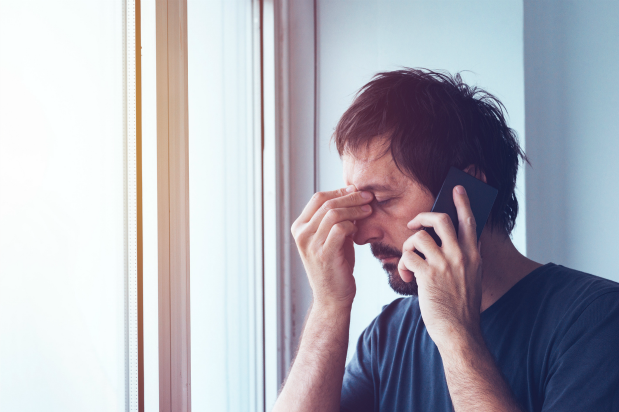Watching someone you love fall into addiction can be one of the most painful experiences you may ever face. Sometimes, by wanting to see your loved one in a better place, you may end up feeding his or her addiction instead. Despite your good intentions, your addicted loved one is then placed in a weak and dependent position while still able to facilitate their own addictive behavior.
While it’s perfectly normal to want to help people you love and care about, one must be wary of becoming what is a destructive aspect in another person’s life. In other words, becoming an enabler.
The Enabler-Addict Relationship: How It Works
Enabling an addict essentially removes all accountability for his or her own actions, no matter how despicable or hurtful they may be. This behavior is often observed in codependent relationships. As the addict fails to suffer any consequences for their actions, he or she continues or even worsens their behavior, to the chagrin of those around them.
From the perspective of the enabler or codependent, he or she feels that it is their duty to clean up after their loved one’s mess, especially during such a fragile time. However, as the addiction worsens, the enabler often becomes overwhelmed as the relationship becomes even more dysfunctional. The enabler increasingly takes over the addict’s even most basic responsibilities, allowing the addict to continue to decrease functionality in life and more apt to use their substance of choice. Eventually, the addict no longer needs to function because the codependent overexerts his or herself to sustain the both of them. In the end, what usually happens is that both parties live in mutual resentment of each other.
What to Look Out For
The terms “enabler” or “codependent” have negative connotations, but those who exhibit these behaviors are often loving, caring people. Whether it’s due to an addiction or any other reason, it’s normal to feel anguish when you feel abandoned by your loved one. The separation naturally leads to a behavioral change geared towards maintaining the attachment to the addicted loved one.
Here are some common personality traits of an enabler, in case you may be acting as one to your loved one:
- They have difficulty creating and sustaining healthy relationships.
- They’re currently in a hurtful relationship.
- They believe that it’s okay for a relationship to be abusive.
- They obsess over other people’s actions, behaviors and problems.
- Their loved one’s addiction constantly preoccupies them with worry or fear.
- They’re unable to set limits.
- Their life has become unmanageable because of the unhealthy and destructive behaviors of others.
Unfortunately, as the enabling behavior persists, the enabler or codependent suffers as they live their lives in constant survival mode, fearful for the well-being of their relationship and the addict. The situation dwindles down even further as the person finds a way to cope with their own anxiety by increasing their attachment to their addicted loved one, only exacerbating the problem.
What Next?
One of the best ways to stop enabling behavior is by seeking therapy. There are therapists and clinics dedicated to providing support for the enabler or codependent and bringing their relationships back to a healthier state.
It’s important to note that the goal of such therapy is to show the enabler how to facilitate a more mature and healthy connection, and not necessarily how to detach from the addicted loved one. During group therapy, for example, participants will discover how to change the way they manage and regulate different types of emotions during various situations. As they practice these situations and reactions during therapy, it will in turn be easier to apply them in their own personal relationships.
In the same way that no one deserves to suffer a lifetime of addiction, no one deserves to continue suffering the consequences of being an enabler. There are professionals out there who can help you cope with your situation so that you can healthily love your loved one as well as live a life that is fruitful and enjoyable for you.
|
If you or someone you know is seeking help from addiction, please visit our directory of treatment centers or call 800-891-8171 to speak to a treatment specialist. |








